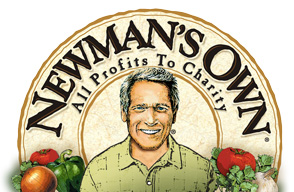Can I Claim a Charitable Deduction for 12 Cents?

Many businesses promise their customers to devote some percentage of the business’s revenue or profits, or some fixed amount per purchase, to worthy or charitable causes. Sometimes, this is motivated by genuine humanitarian instincts. Sometimes, it is merely a marketing device. Often, the altruistic motivations blend together with the advertising angle.
The IRS has belatedly supplied some guidance about how businesses, and (indirectly) their customers, should treat these benevolent pledges. In Chief Counsel Advice (CCA) Memo 201543013 (released on October 23, 2015), the IRS addresses several concerns.
First, the CCA asks the basic question of who paid the donated amounts. Oddly, the conclusion is a bit ambiguous, stating that factual investigation is often required on this point. Under the facts presented in the CCA, however, the conclusion reached is the logical and administrable answer: the company selling the product is the true donor, and not the multiple customers who purchased goods or services in connection with the charitable promise ad campaign.
Second, the CCA considers the deductibility of the donations by the sponsoring business. The CCA concedes that a true donation to a tax-qualified 501(c)(3) charity can qualify as a charitable deduction, subject to the annual limits imposed on corporate donors. Very significantly, though, the CCA goes on to state that a donation that has a relationship with the taxpayer’s business, where the donation is made with a “reasonable expectation of financial return commensurate with” the amount transferred, is deductible as a business expense and not as a charitable contribution. The deductibility can apply even if the donee organization is not a tax-qualified charity.
This is good news to the growing number of businesses that adopt a social-benefit philosophy and carry that news to their customers. It also helps tax advisors to provide slightly more concrete advice to their clients who ask about purchases from these companies – salad dressing is still salad dressing, and your household purchases are still generally not deductible.
This article originally appeared in the ACBA Business Law Section’s November 2015 Newsletter.
